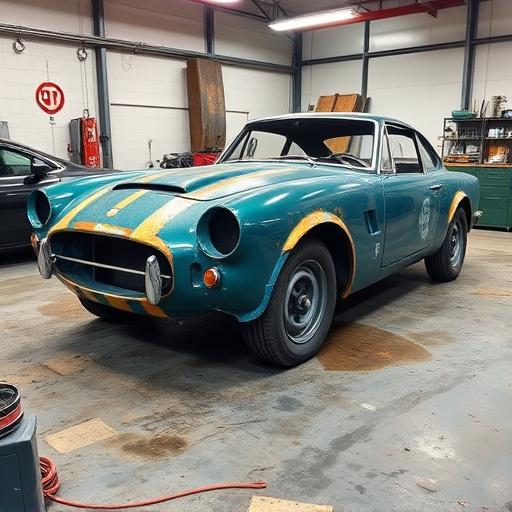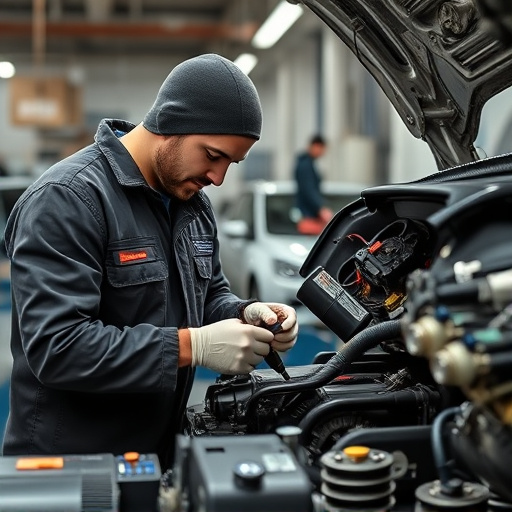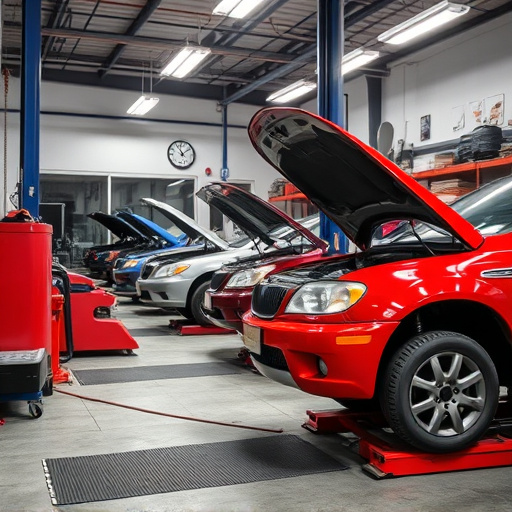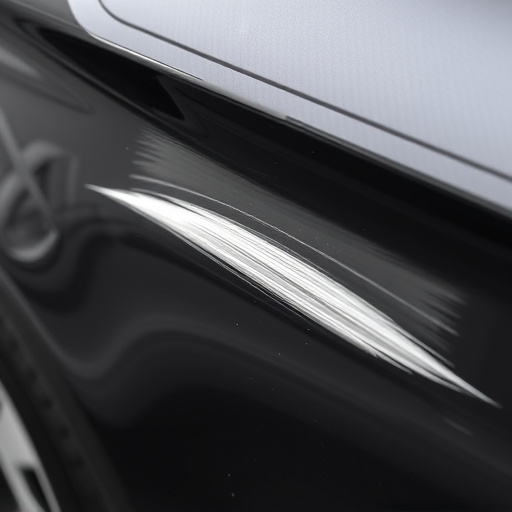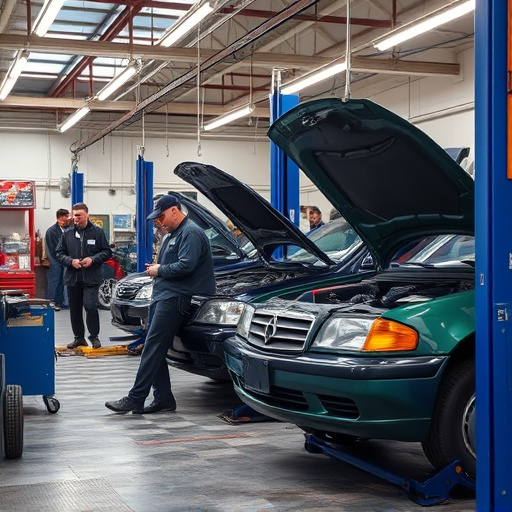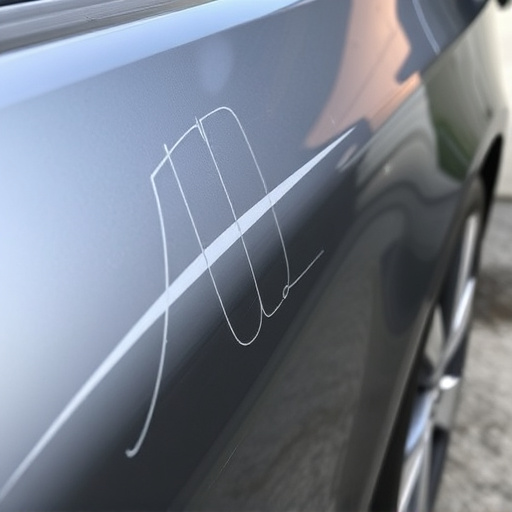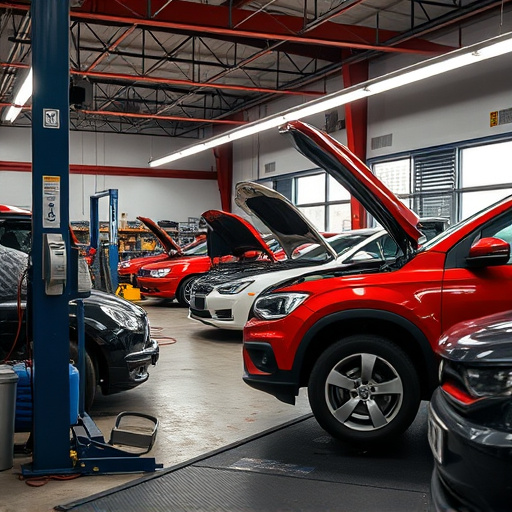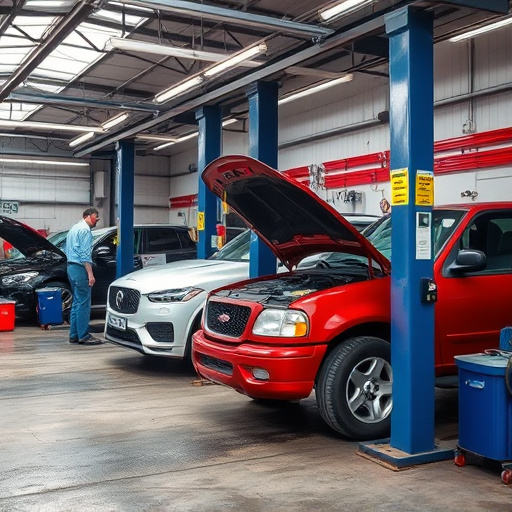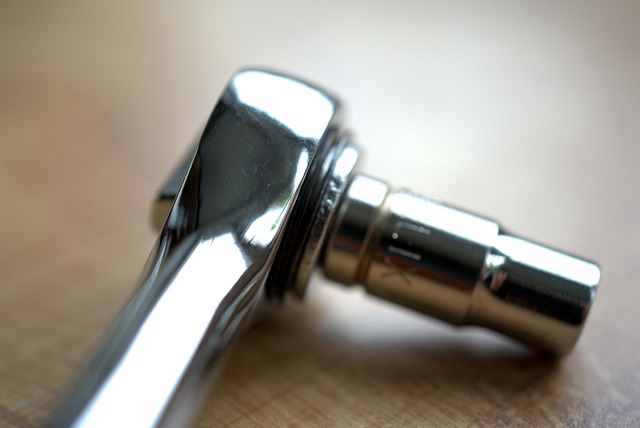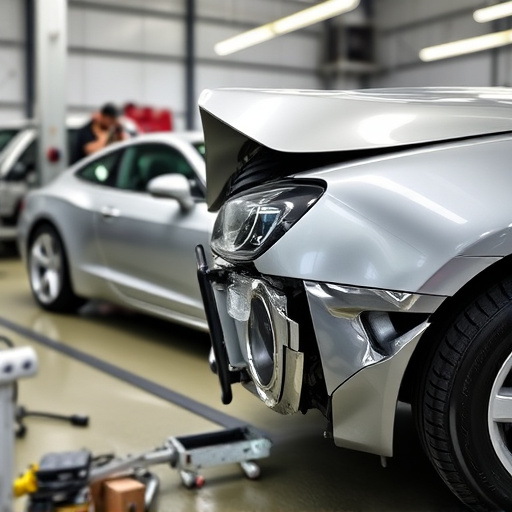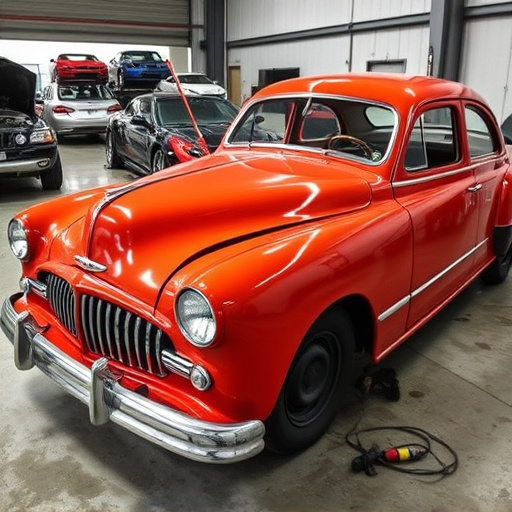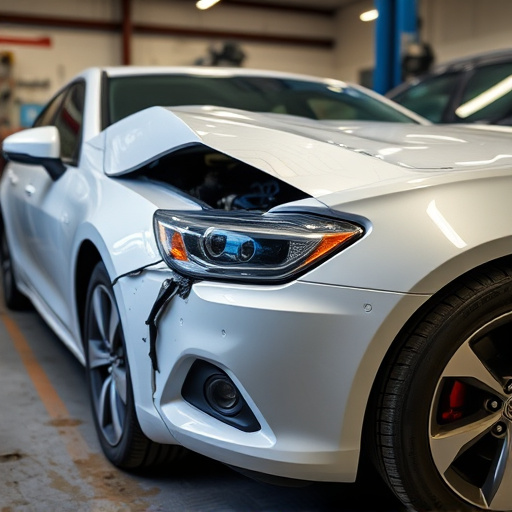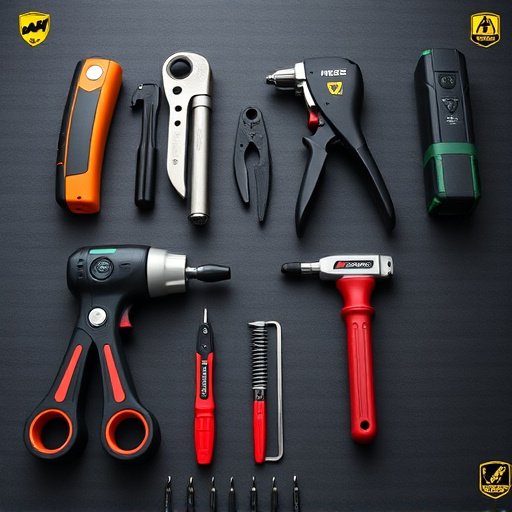Choosing the right aftermarket collision parts supplier is crucial for vehicle repairs, balancing cost savings and quality. Reputable providers offer high-quality, customizable parts meeting industry standards, but counterfeit products and fit issues are concerns. Certifications, warranties, and customer reviews ensure reliable suppliers, prioritizing safety and seamless repairs over OEM preferences.
Are you considering using aftermarket collision parts for your car repair? This guide explores whether you can trust these providers. Aftermarket parts offer cost-effective solutions, but quality and safety concerns linger. We break down the basics of these parts, their advantages and potential drawbacks, and provide expert tips to help you make informed decisions, ensuring peace of mind during your next repair.
- Understanding Aftermarket Collision Parts: The Basics
- Advantages and Concerns: Weighing Your Options
- Ensuring Quality and Safety: Tips for Smart Choices
Understanding Aftermarket Collision Parts: The Basics
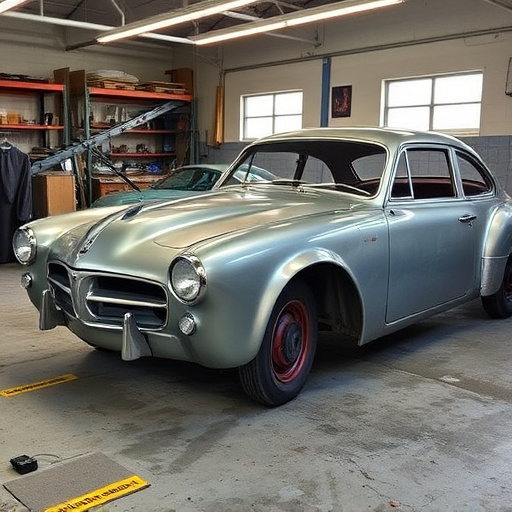
Aftermarket collision parts are components used to repair vehicles after an accident or damage. They are produced by manufacturers other than the original equipment maker and designed to fit specific vehicle makes and models. While they may seem like a cost-effective option, it’s crucial to understand that not all aftermarket parts are created equal. Quality can vary greatly, affecting both safety and performance in car repair shops.
Choosing the right provider is essential for ensuring your vehicle’s integrity and safety during automotive repair. Reliable aftermarket collision parts providers offer products that meet or exceed industry standards, guaranteeing compatibility and durability. They often have a comprehensive range of options, allowing car repair shops to source parts tailored to each unique vehicle, from standard models to vintage cars. This level of customization ensures proper fit and functionality during the repair process.
Advantages and Concerns: Weighing Your Options
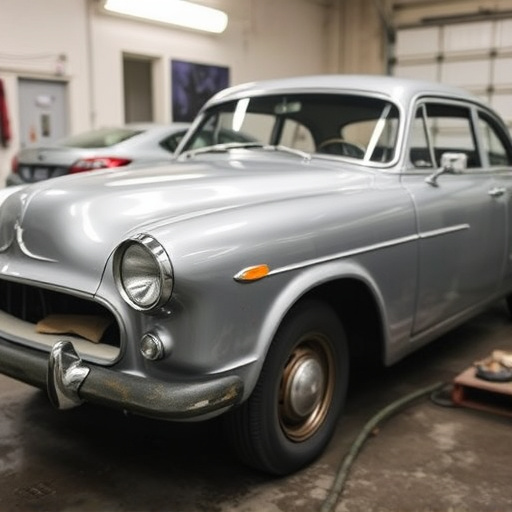
Choosing an aftermarket collision parts provider can offer several advantages for those involved in a car accident and looking to repair their vehicle. One of the primary benefits is cost-effectiveness; these parts are often more affordable than OEM (original equipment manufacturer) parts, making them an attractive option for those aiming to keep costs down while still ensuring quality. Aftermarket collision parts cater to a wide range of vehicles, allowing for greater accessibility and flexibility in finding specific parts for various makes and models. This can be particularly useful for older or less common vehicle body shop models where OEM availability might be limited.
However, concerns do arise when considering these alternatives. The key challenge lies in ensuring the quality and safety of aftermarket collision parts. While reputable providers adhere to strict standards, there is always a risk of counterfeit or subpar products entering the market. It’s essential for consumers to exercise caution and opt for trusted suppliers known for their commitment to quality control. Additionally, compatibility issues can sometimes arise, leading to potential complications during the collision damage repair process. For these reasons, many automotive repair services still prefer OEM parts, ensuring a seamless fit and superior performance in the long term.
Ensuring Quality and Safety: Tips for Smart Choices
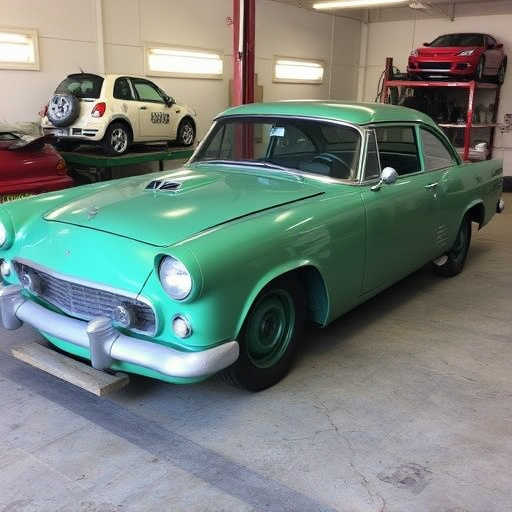
When selecting aftermarket collision parts for your car body repair or hail damage repair needs, ensuring quality and safety should be your top priority. It’s crucial to choose a reputable provider who adheres to stringent industry standards. Look for certifications indicating that the parts meet or exceed original equipment manufacturer (OEM) specifications. Reputable providers often conduct rigorous testing to guarantee performance and durability.
Additionally, verify the supplier’s return and warranty policies. A reliable auto repair shop will stand behind their products, offering support in case of any issues. Reading customer reviews can also provide valuable insights into the provider’s reliability. Opting for parts from trusted sources not only ensures a seamless car body repair process but also guarantees your safety on the road.
When choosing an aftermarket collision parts provider, it’s crucial to balance convenience with quality. While these parts offer cost-effective solutions, ensuring they meet safety standards is paramount. By following the tips outlined in this article—comparing manufacturers, checking certifications, and reading reviews—you can make informed decisions, thereby securing reliable and safe aftermarket collision parts for your vehicle’s repair needs.

